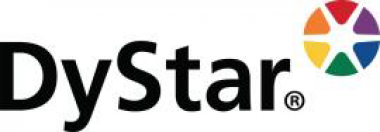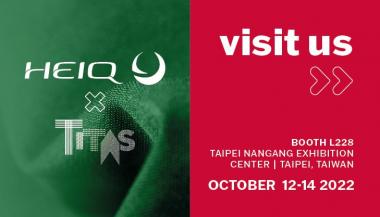DyStar to exhibit at ITMA 2023
DyStar, a specialty chemical company with a heritage of more than a century in product development and innovation, will be exhibiting and presenting at ITMA, from June 8 to 14, 2023.
Mr. Eric Hopmann, Chief Commercial Officer of DyStar Group said it is great that members of the global supply chain can finally meet to exchange ideas at ITMA post-pandemic.
“The energy crisis, inflation, and climate impact have accelerated the pace of the textile supply chain’s transformation. DyStar’s innovations will help global manufacturers and producers, Brands and Retailers continue creating value-added confidence and assurance, while keeping up with transformational needs to deliver quality products without compromising sustainability.” Eric said.
DyStar’s product innovations are backed by their commitment to sustainability, and their expertise in reducing the environmental impact of the products. Their econfidence® program creates fundamental value for their customers. At ITMA, DyStar will be featuring a suite of product and process innovations which include Cadira®, Dianix®, Evo®, Indigo, Jettex®, Levafix®, Procion®, Remazol® and more.
DyStar












